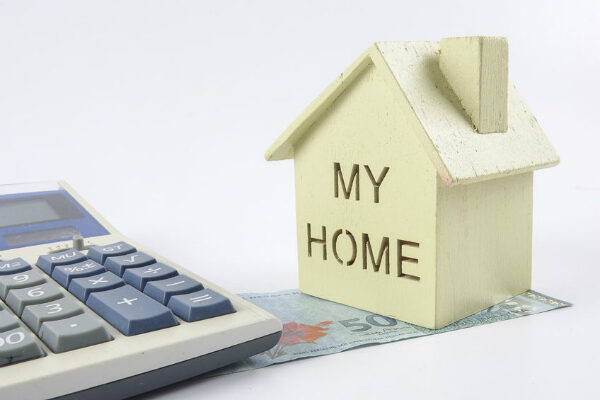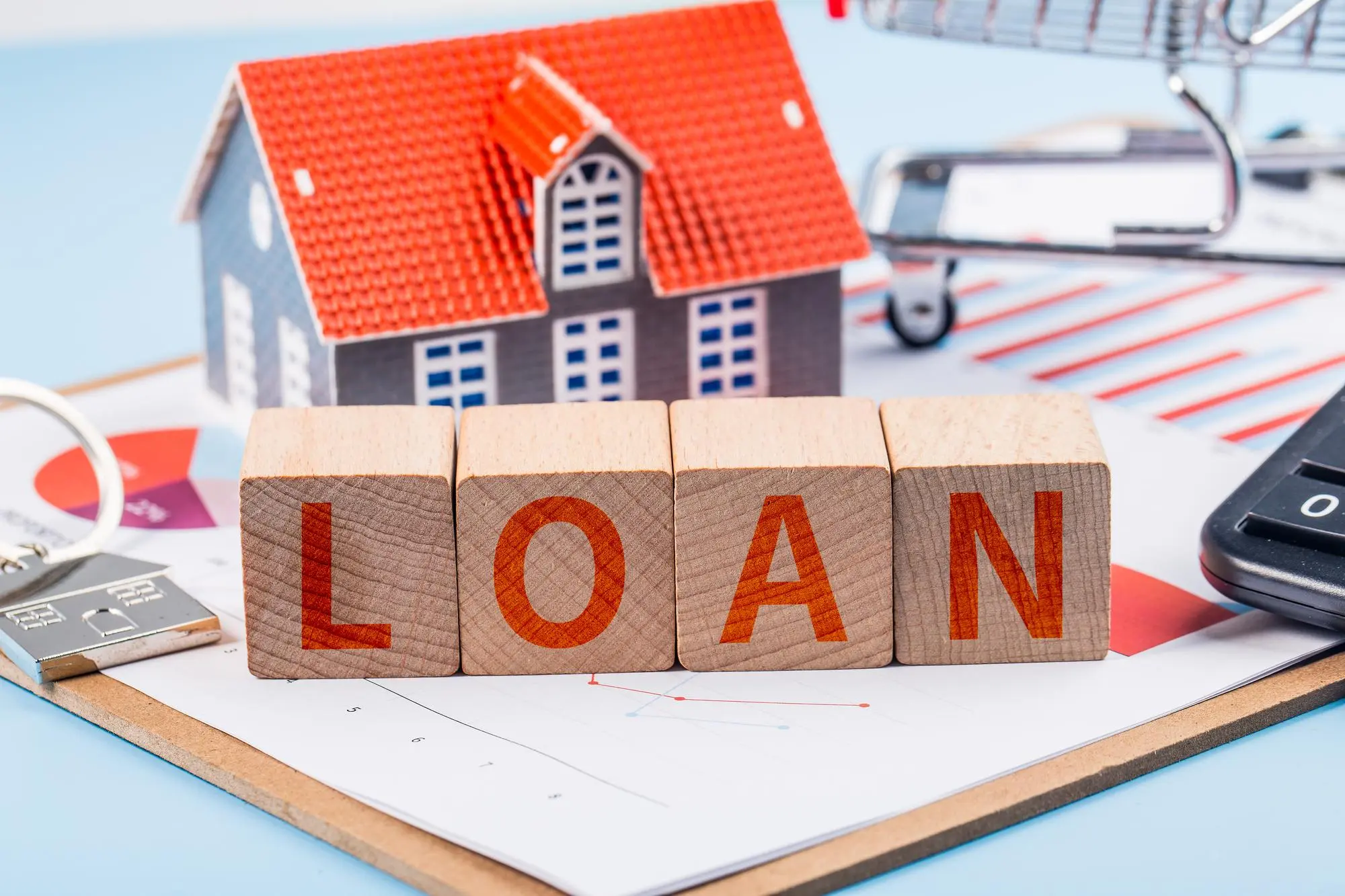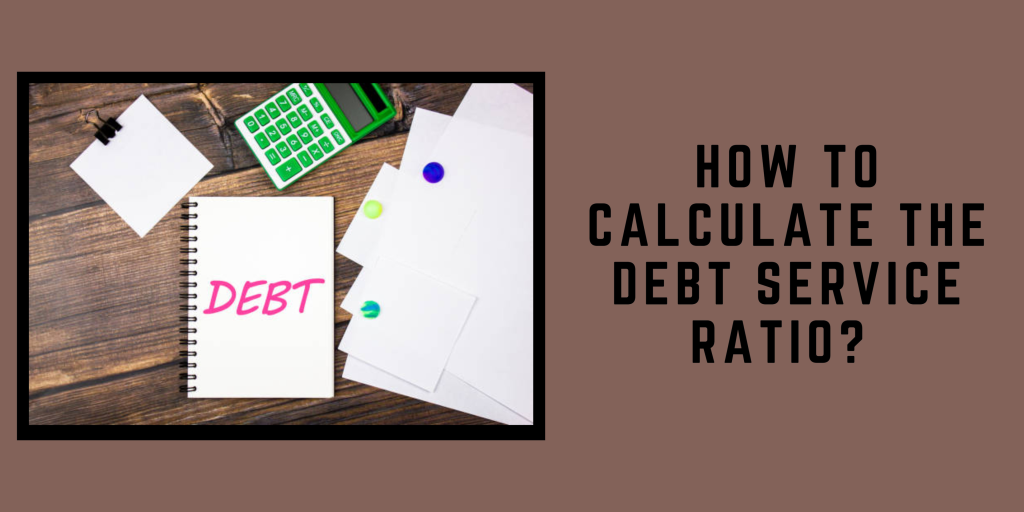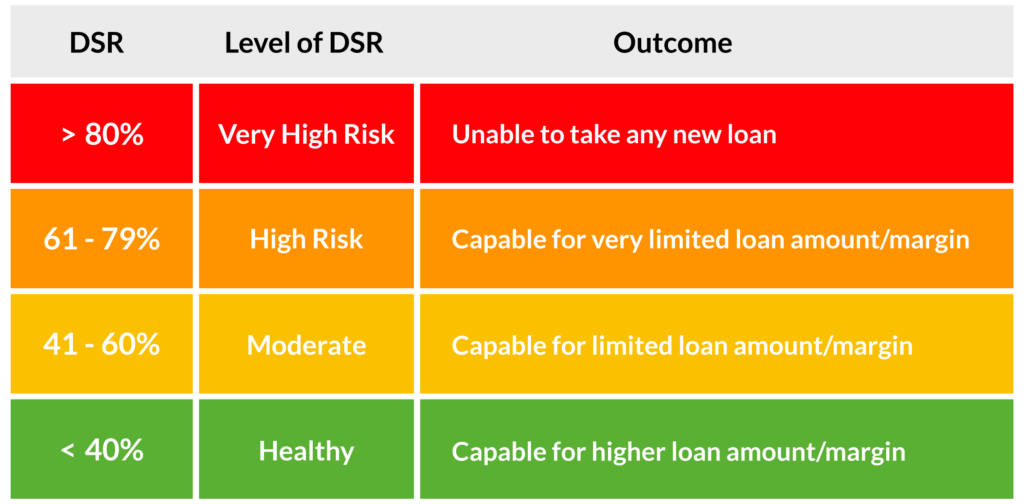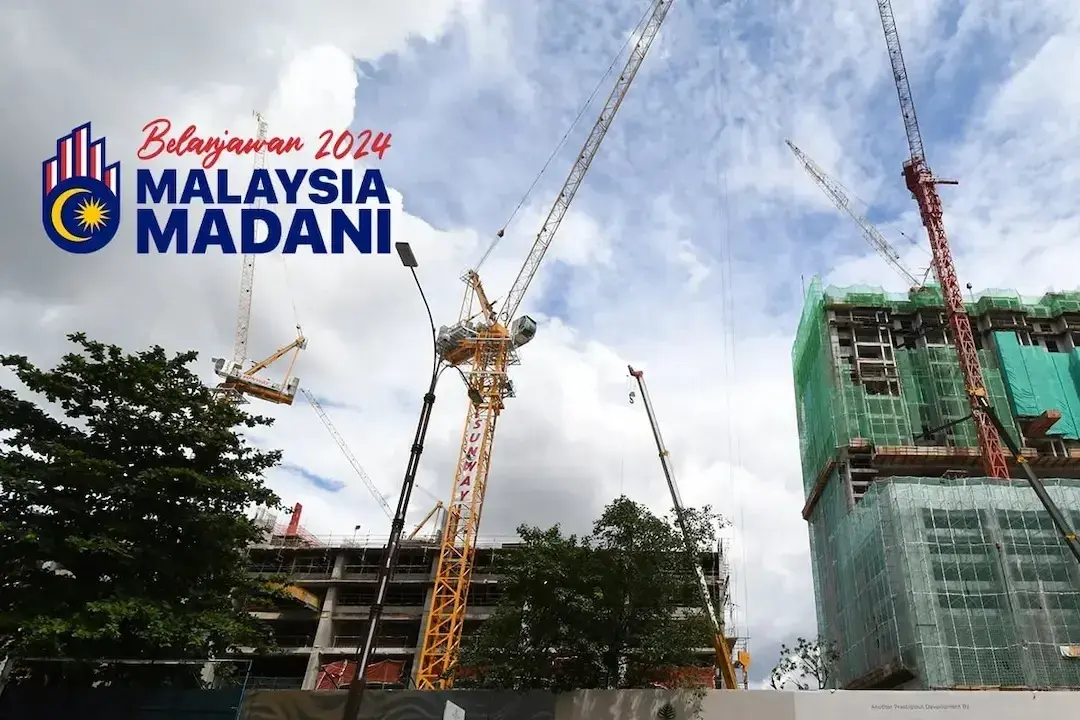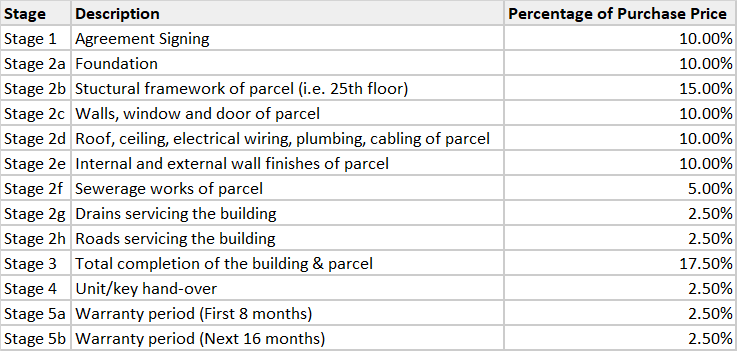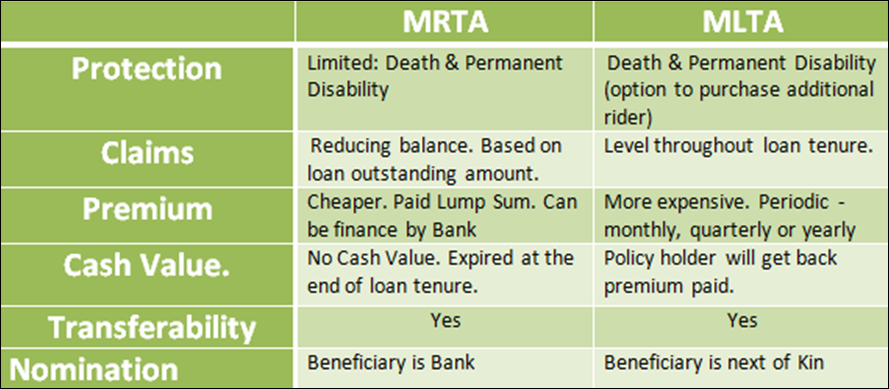3 Types Of Homeownership Costs In Malaysia: Quit Rent, Parcel Rent, And Assessment Rates
Understanding Quit Rent and Assessment Rates in Malaysia: A Guide for Property Owners
Quit rent and assessment rates are essential parts of property-related expenses in Malaysia. Although these charges are crucial, they’re often overlooked when calculating property ownership costs. Here’s what Malaysian property owners need to know about these payments.
What Are Quit Rent and Assessment Rates?
Quit rent and assessment rates are both types of land taxes in Malaysia. Property owners are legally required to pay these charges, enforced by the country’s property laws. Ignoring them can result in financial penalties or other legal consequences.
Who Is Responsible for Paying Quit Rent?
Quit rent applies to all landed property owners in Malaysia, covering both freehold and leasehold properties. Property owners must pay this annually, even if the property is vacant or unused. It’s collected by the Land Office in each state, with each state setting its own deadlines, typically by May 31.
Strata buildings, such as condos and apartments, also fall under quit rent obligations. Traditionally, the joint management body (JMB) would pay on behalf of all owners, passing costs to residents through maintenance fees. Recently, some states have introduced separate billing for individual owners to streamline payment accountability.
Calculating Quit Rent
Quit rent is based on the land area of the property and varies by state. For instance, a Kuala Lumpur property might have a rate of RM0.035 per square foot. For a 2,500 sq ft property, that would mean RM87.50 annually.
To calculate:
Square footage x Price per square foot = Quit rent
Example: 2,500 sq ft x RM0.035 psf = RM87.50
Parcel Rent for Strata Properties
In 2018, Selangor introduced “parcel rent” as a replacement for quit rent in strata properties. Parcel rent applies individually to each unit owner rather than the building as a whole. While this change aimed to simplify ownership transfers, many owners found that parcel rent increased their costs compared to the old system. Penang and Kuala Lumpur have since adopted similar parcel rent systems.
Under this structure, each parcel owner now pays based on the building’s full area rather than splitting costs among residents. This has increased individual fees, but it allows the Land Office to monitor payment defaults on an individual level, reducing issues caused by delinquent payers.
Understanding Assessment Rates
Assessment rates, known locally as “cukai pintu” or “cukai taksiran,” are another type of local tax collected to maintain public amenities and infrastructure, such as road lighting, park maintenance, and waste collection. This tax applies to all property types, including residential, commercial, and industrial buildings, and remains due even if a property is unoccupied.
How Are Assessment Rates Calculated?
Assessment rates are based on the property’s annual rental value, with a percentage set by the local authority. In many parts of Malaysia, residential properties may be taxed at around 4% of their estimated annual rental value. For instance, if a property’s rental value is RM4,000 per month, the annual tax amount would be calculated as follows:
Monthly rental value x 12 months = Annual rental estimate
Annual rental estimate x 4% = Annual assessment rate
So, for a property with a rental value of RM4,000/month, you’d calculate RM4,000 x 12 = RM48,000. With a 4% rate, the assessment tax would be RM1,920 annually, typically split into two payments due in February and August.
Consequences of Non-Payment
Failing to pay quit rent, parcel rent, or assessment rates can lead to serious consequences, including fines, seizure of property, and in extreme cases, property auctions. If payments are missed, the local authority may issue a notice, followed by penalty charges on the arrears. Eventually, they may obtain a warrant to seize belongings on the property or auction the property itself. Tenants should stay informed, as their own belongings may be at risk if their landlord defaults on land tax payments.
Make sure to stay up-to-date on these obligations to avoid penalties and ensure a smooth property ownership experience in Malaysia.


